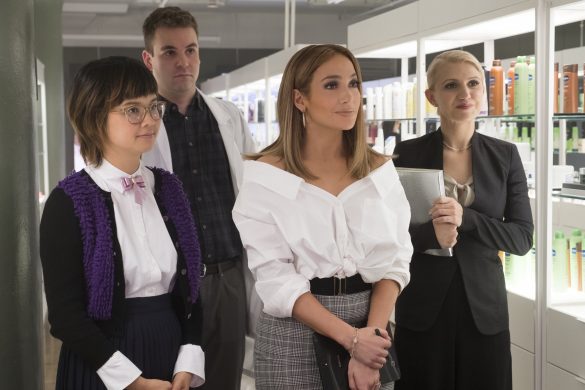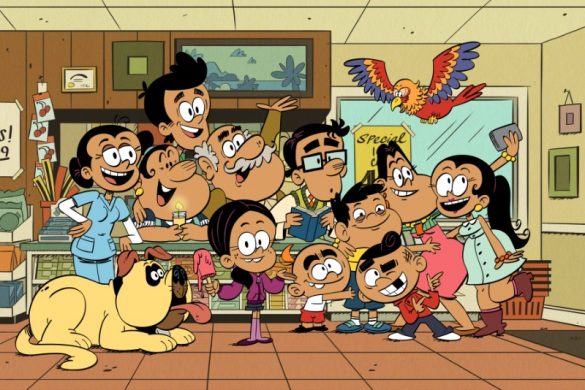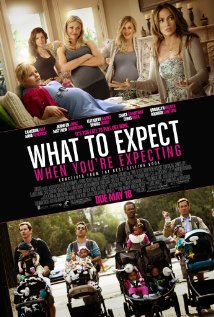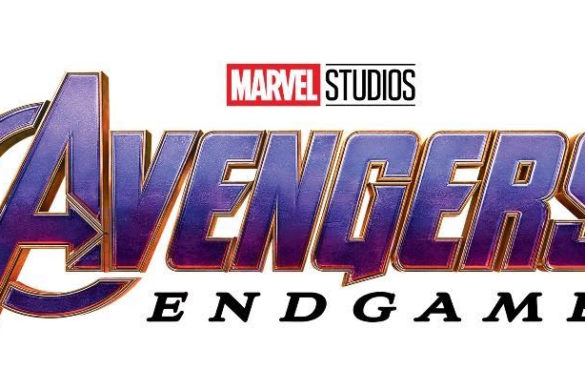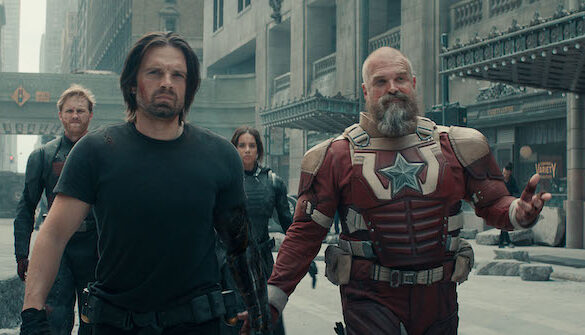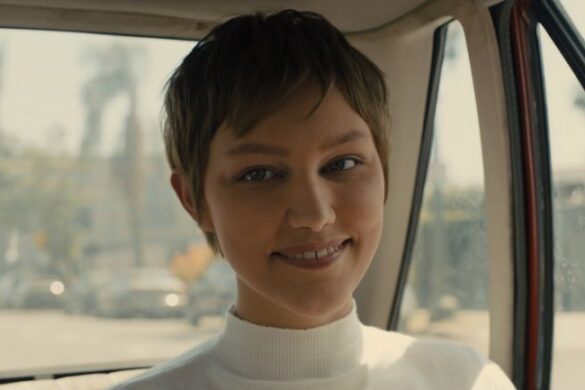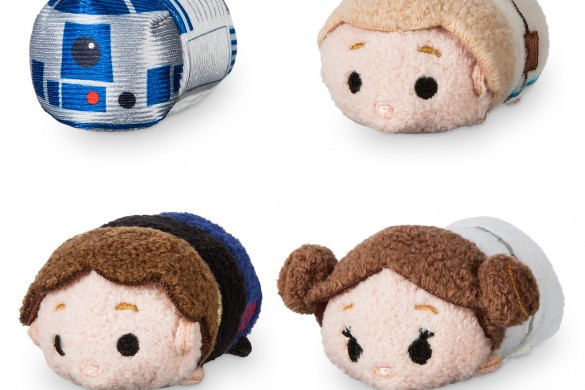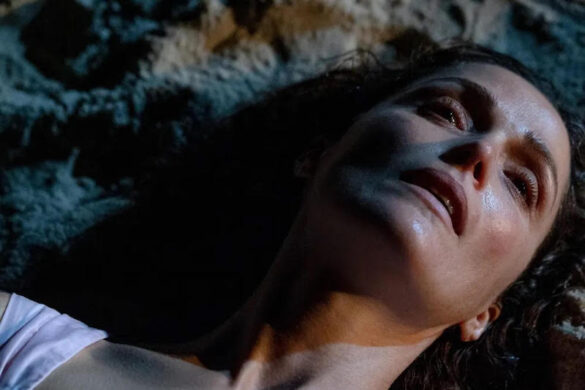Back in 2010, How To Train Your Dragon debuted to much critical and commercial acclaim and marked somewhat of a turning point for the studio. Sure, their previous animated films like Madagascar, Shrek and Kung Fu Panda had been hits, but DRAGON opened up a whole new playing field for the creative minds who worked there. Writer-director Dean DeBlois (who co-directed the original with Chris Sanders) returns to the franchise with How To Train Your Dragon 2. Taking place five years after Hiccup (Jay Baruchel) and Toothless united dragons and Vikings, this second chapter of the planned trilogy spotlights the pair struggling with the realities of adulthood in the far off land of Berk. Thrilling, bold, breathtaking and all around brilliant, this iteration surpasses the already amazing original.
At the film’s recent press event held on DreamWorks’ gorgeous campus, three other reporters and I were able to sit down during lunch with the affable filmmaker to discuss this film.
ThatsItMommy: So this is exciting! This is the first screening since Cannes.
Dean DeBlois: It’s fun to talk about it. We work in secret for so long. And we think we’re doing something that’s good but we’re not quite sure. After three years, you lose all objectivity.
Q: Was it always planned to set this sequel in the future?
DD: Yeah. Kinda early from the start. I thought there was no point in going back to Hiccup as a fifteen-year-old and trying to graft on an artificial problem. ‘Cuz what does he have to complain about? He got everything he wanted. It’s always unsatisfying if you don’t have an internal problem as well as the external. That’s where sequels feel cheap; It’s just ‘a new villain arrives.’ Everything else is the same and here’s a new villain. I felt by going older it would be fun because no one does that. No one ages the characters – except rarely on occasion like Andy in TOY STORY, but the main cast don’t change at all. I thought it would be neat to – across the board – age up everybody, even the dragons. Subtle shifts.
Q: And probably it would have felt a little similar to the TV series.
DD: That’s true. I think any version of Hiccup, as a fifteen-year-old, living on Berk would have felt fairly similar – like a feature length version of the TV show with a little more attention to quality. But it didn’t interest me. I did get excited about the idea if this whole thing leads up to the opening lines of Cressida Cowell’s first book, which is an adult Hiccup looking back at his life saying, ‘There were dragons when I was a boy,’ I thought that was compelling because it suggests dragons are gone and what happened to them? There’s something poetic about the idea that there was an age of dragons and we’re going to take you into it and show you what it was like and show you how it ended and how the world resumed from the one in the history books. By the end we will explain what happened. In tandem, Hiccup will complete his coming-of-age and become the chief but dragons will be gone.
Q: Will there be another time jump?
I’m still working on that. I’m not quite sure. There’s a version that can follow immediately following the second and then there’s a version that can pick up a little bit later. I’m not quite sure which way to go.
Q: You mentioned earlier EMPIRE STRIKES BACK as being an influence on the sequel and there’s a moment in the film where I thought your film was going to end on a dark note rather than a high. Was that always the plan to not end on a cliffhanger?
DD: At it’s most macro level, I thought this is a story of Hiccup discovering who he’s destined to be and the backdrop of two overbearing parents. We introduce Hiccup as a man being groomed to take over for his father but he doesn’t feel like he’s a carbon copy of his father and doesn’t feel he’s ready for that – there’s a restlessness in him that’s communicated by him mapping out the world. Meeting his mother seems to be the answer to his restlessness. Because she’s everything that he kinda wishes he could be – life of importance, very dragon-centric, her own boss. And of course, when he meets her, he says, ‘Of course! I’m not my father at all; I’m my mother.’ Then you realize she is very regimented in her belief that people can’t change and dragons must be separated from the humans. At his core, he’s all about human co-existence – not quite his mother and not quite his father. But he is born out of that this hybrid. I think it would have been unsatisfying to see him realize ‘I have the heart of a chief and the soul of dragon. I need to step into this role,’ and then not see him step into the role. We need that third act.
TIM: Was there any trick to nailing the tone? Your film does it so magically without feeling like the stereotypical “middle part” of a trilogy.
DD: This is where Jeffrey Katzenberg [CEO of DreamWorks] is really good at his job. He will weigh in every month or so. He’ll say, ‘Guys. I don’t mind that you’re going to a dramatic place – even a dark place. But you have to reassure the audience in the end. You have to give them a hug. Reward them for going with you because otherwise it’s gonna feel too heavy and it won’t be a repeat movie. It’s work.’ I respect that. I would love for the audience to feel like they went on a journey of love and of tears, but at the end, sorta feel inspired and walk out thinking, ‘there’s something affirmative at the end.’ It doesn’t leave you in a dark place. Just making sure for every dramatic, tearful or romantic moment, there’s something that was goofy and light and fun. For every bit of action-adventure, that there’s something intimate and quiet. It was constantly keeping checksand making sure ingredients never gets too salty or sour.
TIM: Are you already thinking of how to push boundaries further with the third – story-wise and technologically?
DD: Animation-wise, I think we’ll continue to do what we’re doing; take advantage of all the new tools and create a buffer of room for the animators to do their thing. It’s easy to say that the technology makes it look so good – that’s only part of the answer. I think the majority is that the animators really have the time to put all the bells and whistles – to really finesse it. The feel of our movie is a little more realistic than say MADAGASCAR, so the subtly of human expression…I think our human animation is the best DreamWorks has ever done.
TIM: Yes! You really see it in the eyes. There’s no uncanny valley.
DD: Yeah, yeah. But they’re still caricatured, but there’s so much going on under the skin. They have all these muscles and controls – like little flex or a swallow. It’s just amazing. But given the time, these animators can do incredible work. Nothing is automated about that. That’s all hand done.
TIM: What’s your mindset during opening weekend? Do you go to the theaters and see how your film plays to audiences?
DD: I do. I usually go with a big group of friends. It’s different from a test audience. A lot of them that go to test screenings, they consider themselves to be film buffs or for the novelty of it. But it’s different when people are paying their own money to see your film. They’re either gonna shrug or give an honest reaction. Nobody’s being polled. You get a sincere sense of whether or not you entertained them or not.
HOW TO TRAIN YOUR DRAGON 2 opens on June 13 and is rated PG.
Courtney Howard is the Senior Editor/ LA Correspondent for VeryAware.com. She also is a contributing writer for ReelVixen.com and SassyMamaInLA.com. She resides in Southern California with her husband and perfect little dachshund.


